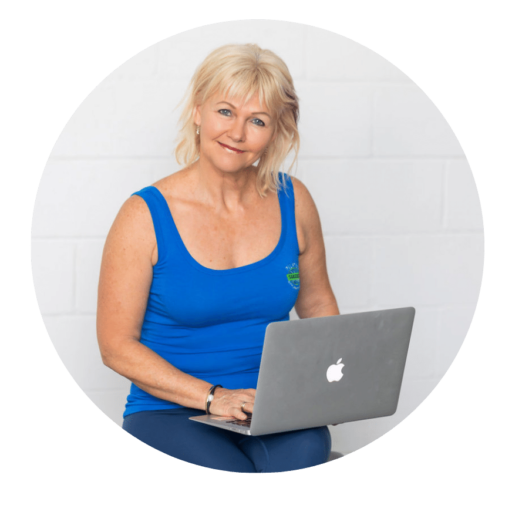Whether it is in the workplace, community or at home unfortunately there are oftentimes situations or incidences that we encounter that are potentially harmful to our wellbeing unless we can be more assertive.
If we continually do what otherS want before we meet our own needs, we can potentially undermine our feelings of confidence. Over time this has a negative impact on our sense of self and self-worth.
One important component of being assertive is the ability to say “No”. Saying “NO means you are able to honour your personal needs, respect your own rights and limit what others demand from you when it interferes with your needs and wants.
Saying “No” is particularly difficult for those who have developed strong patterns of behaviour to please others or fear negative consequences.
Whether though family patterns, dynamics or cultural aspects, we have all be taught to play “nice’ and it can be particularly hard if this is you.
Practising assertive statements, like saying “No” takes practice and support from others. The following suggestions may be useful:
1. Take time: Give yourself time to get the details and think about someone’s request, so you can clarify what you want to say. You might say,” Let me think about it and I’ll call you later.”
2. Don’t over-apologise: This can give others the message that you are not sure and that your needs are not as important as theirs and they may also see you as weak. A real bully may even push their request even more.
3. Practice saying” No”: Try saying it out loud, to yourself in the mirror, roleplay with a friend OR come to a ESD Empowerment Self Defence class. The more you try and learn to be specific and brief about what you are declining, the easier it will be. With some people, you may have to be repeatedly firm and consistent, especially if you have developed a strong personal pattern of them getting their own way, they won’t like it at first and you may have to stand your ground a little more persistent in this case.
4. Listen and reflect: When you are concerned about someone’s feelings, you can listen to them, feedback what you heard them say and say no, with a brief reason. This shows that you listened and understood them. Also take time to internally reflect on how the request made you feel, reflecting goes both ways.
5. Manage guilt: Watch out that you don’t try to make-up for saying” No” by doing other things for the person. This is very common and it is a way that we try to make ourselves feel better for saying no. It can be double edged sword as we can make the situation worse by just replacing one negative behaviour for another.

Sandra Leigh is a Professional Pilates Instructor, Teacher, Trainer and Coach who specialises in helping people, businesses and workplaces, build mind and body performance !
If you would like to find out more about how SANDRA LEIGH TRAINING can you help you, your business or workplace.
Please contact Sandra Leigh at
[email protected]
www.sandraleightraining.com.au
mob:0409 625 131